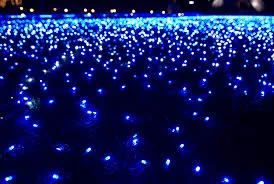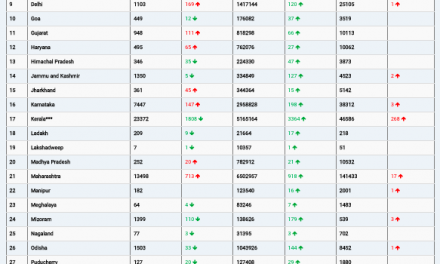Recent advancements in the field of neuroscience offer hope for those suffering from neurological disorders through a novel technique known as photobiomodulation. This non-invasive approach involves the application of low-intensity light to stimulate specific regions of the body, aiming to restore altered functions. A groundbreaking study published in the Journal of Affective Disorders sheds light on the potential of photobiomodulation to ameliorate cognitive alterations and sequelae resulting from chronic stress, particularly by targeting the brain-gut axis.
Led by Professor Albert Giralt from the University of Barcelona, the research involved collaboration with teams from various institutions, including the University of Girona, University of Montpellier, and the company REGEnLIFE (France). Their study, conducted on laboratory animal models, showcases the efficacy of photobiomodulation in treating neurological conditions, offering promising prospects for future therapeutic interventions.
Unlike traditional approaches that solely target the brain, this study marks a significant advancement by simultaneously stimulating both the brain and the gut, known as the gut-brain axis. Professor Giralt highlights this innovative aspect, emphasizing the growing scientific interest in understanding and manipulating the gut-brain axis for treating nervous system diseases.
“Psychiatric disorders are not solely confined to the brain; other organs and tissues play crucial roles in their pathophysiology,” explains Giralt. This holistic approach acknowledges the interconnectedness of bodily systems and suggests that therapies addressing multiple factors may yield more favorable outcomes.
The study delves into the molecular mechanisms underlying photobiomodulation’s effects, revealing its ability to reverse cognitive effects of chronic stress by restoring the SIRT1 pathway, associated with senescence and neuronal death. Additionally, the treatment demonstrates positive effects on intestinal microbiota diversity, particularly when targeting both the brain and the gut simultaneously.
Professor Xavier Xifró from the University of Girona elucidates, “Changes in the microbiota are strongly associated with improvements in neuroinflammation,” highlighting the potential of photobiomodulation to mitigate neuroinflammatory processes, which are implicated in various psychiatric disorders.
Looking ahead, photobiomodulation holds promise as an adjunctive therapy for conditions such as treatment-resistant depression. The research team advocates for further clinical trials to assess its efficacy in real-world settings. “Photobiomodulation could complement pharmacological therapy, particularly in cases resistant to conventional treatment,” concludes the team.
As the scientific community continues to unravel the intricacies of neurological disorders, innovative approaches like photobiomodulation offer renewed hope for patients seeking relief from debilitating conditions. With further research and clinical validation, this non-invasive technique could pave the way for more effective and holistic treatments in the realm of neuroscience.











